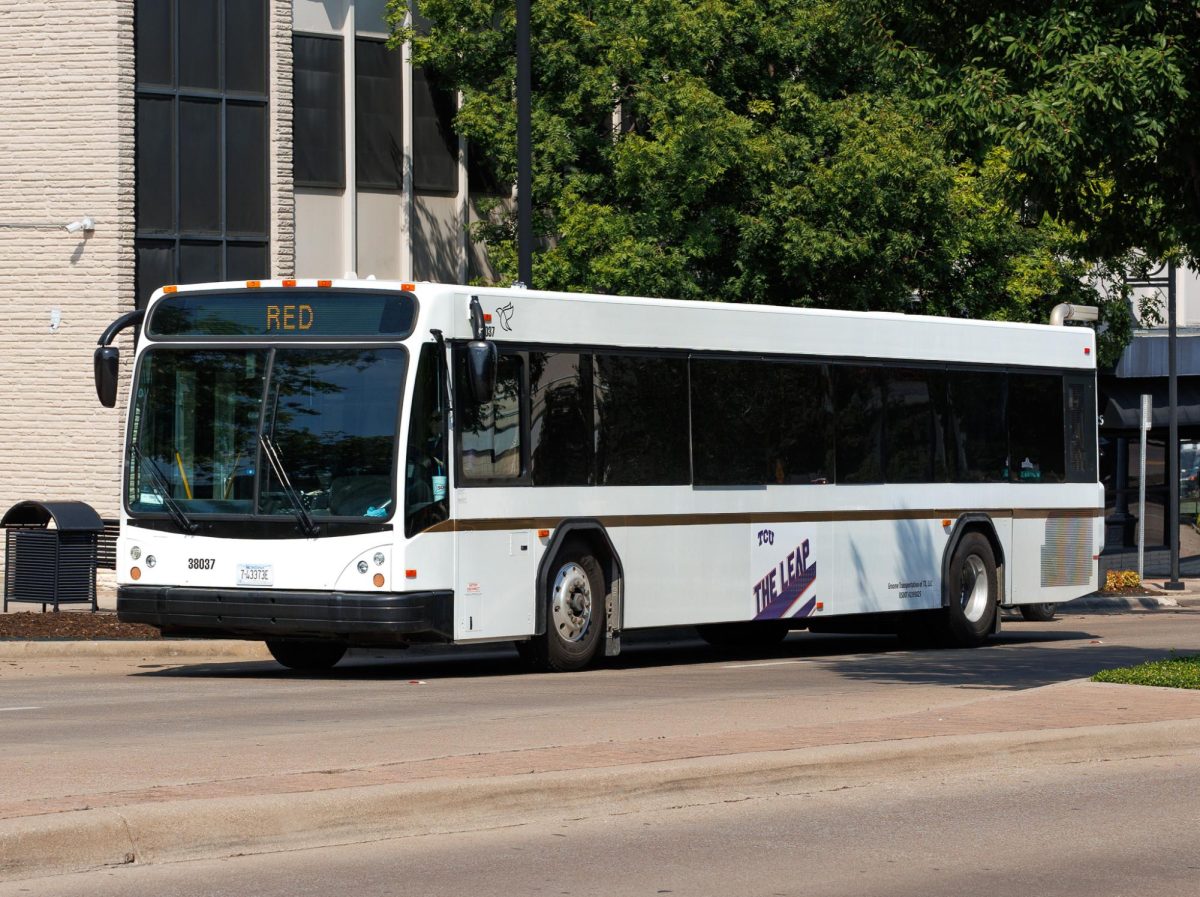#OccupySadler. The hashtag became ubiquitous throughout Twitter and the rest of the social media world as the word spread of a demonstration outside Sadler Hall over the tuition hike. Within a 48-hour span, Occupy Sadler went from the drawing board at an impromptu meeting outside 1873 to an assembly of about 50 students, local television stations, the Star-Telegram, and Chancellor Boschini who fielded questions from the audience. It caught the attention of around 200 students on Facebook and facilitated a much-needed dialogue on tuition and the affordability of TCU to low- and middle-income students.
A three-point platform was ratified outside 1873 Tuesday night: Increase scholarships and grants proportional to tuition, increase transparency, and establish a grandfather clause. They wanted scholarships to not be stagnant while tuition rose. Also, the e-mail that was sent by the Chancellor came with no forewarning other than it being released at the same point in the semester as is done traditionally, and seemed to leave out student input. A grandfather clause was also requested, which would lock in tuition at the rate one paid his or her freshman year.
The next evening, two others and I had the privilege of meeting in the Chancellor’s office on the top floor of Sadler. We informed him of these three demands and he gave his responses. Merit scholarships, with the exception of the full-ride Chancellor’s scholarship, would not go up proportionally like need-based scholarships in order to give a priority to those who need the money the most. He promised to have an open forum to elicit feedback before future hikes. Finally, he noted the grandfather clause would make underclassmen pay more and it was them that led the charge to do away with it about 30 years ago. He reiterated these points outside Sadler Hall the next day at the Occupy Sadler event itself as he answered the audience’s questions.
Afterwards, there was much skepticism over whether it had or would actually make a difference.
Michael Millican, who helped lead the event, recapped the event by saying, “Obviously, we knew our demands cannot be met, but we are just glad that this process enabled us to have an open discussion where there wasn’t one before, so I think that the rally was successful.”
While it looked like only the second demand (increased transparency) would be met, the organizers viewed the movement as a success simply because it got people talking.
Whileit was in fact a success, it should not be the end. TCU is often seen as apathetic when it comes to campus and political issues, so to see so many people get mobilized so quickly for what they believed in was a breath of fresh air. My hope is that the momentum can be carried into future semesters and students will continue to make themselves heard.
Jack Enright is a junior political science and economics major from Tomball, Texas.




